




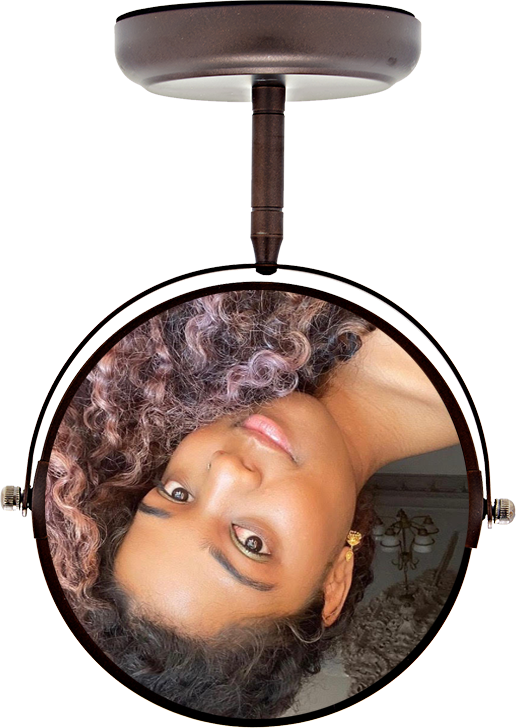

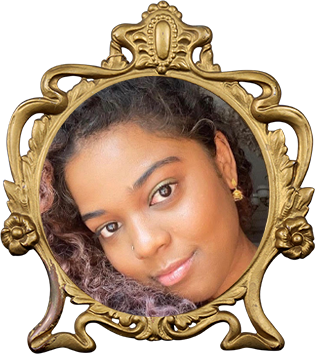
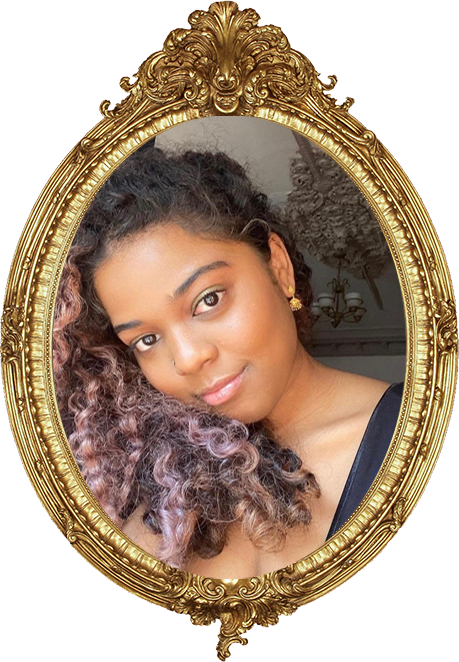
I'M BIRACIAL – Indian and African-American. My mom came to the States for grad school and then she met my dad and they got married. My childhood was pretty funny because I would grow up watching Bollywood movies and then I would also listen to old bands that my dad used to listen to, like The Temptations or really old jazz music. My dad got along with my mother's parents, but my mother's sister and brother...that's kind of a different story, because sometimes, they like to stick with old stereotypes. They joke around with my dad about him not having a dad growing up because I mean, that's just the stereotype we all get. I remember when a family member told him that he kind of resembled a gorilla a little bit. We don't speak to that person anymore.
AT AN EARLY AGE, I really did not have a clear concept of what race or ethnicity was. So I mainly went by skin color. I would just call myself Brown. That was pretty much it. It wasn't until I got to middle school that I started identifying myself with my race and ethnicity. But for a while I would mostly identify as Indian because I will admit, I did have some internalized anti-Blackness in me and for a while, I thought being Black meant inherently criminal. I think that came from not having a whole lot of Black role models that were available for me to look up to. And for a while, I was pretty ignorant.
she/her
> I thought if I identify as Indian, if discrimination did come my way, it would be less discrimination. Because at that time, I felt like South Asians had less of a stigma in white society than Black people did.

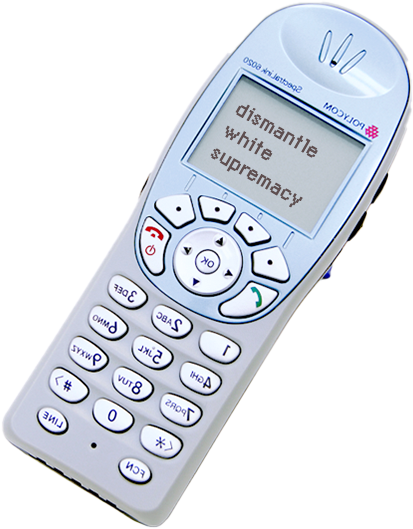


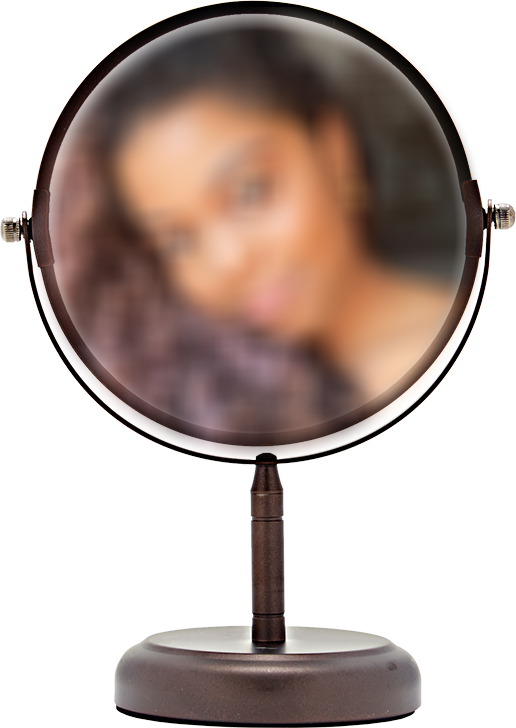

I did have a lot of internalized colorism because every time I would go to different Indian family members' houses either here or in India, I would always find Fair and Lovely or Fem or one of those skin bleaching creams. I can even look in my drawers and find some old used-up creams that my mom uses. But as a kid, I did not have money so I couldn't buy any face creams. So literally I would do the most and have lemon juice and sugar baths almost every week or something, just to make myself lighter. And the amount of effort that I would put into lightening my skin even confused me a little. I think when I was 15, I was like, what the hell's the point of all this? It's not doing anything. It's just making you even feel worse about yourself. I was like, nah, this is too much even for me.
And ever since then I just embraced my skin just a little bit more, a little bit more at a time. I think when people like Lupita Nyong'o came along, I felt a little bit better about myself. And that's the great thing about representation – it makes people who have all these deep-seated insecurities that they don't really tell other people feel a little bit better about themselves.
I do get the occasional comments on Instagram talking about, oh, she don't even look fully Indian. You just look Black. And it's just so funny. Whenever they comment stuff like that, it's just like, well, what do you expect me to do about that? I mean, yeah, I have mostly my dad's face, but at the same time, that doesn't take away from the fact that I have a whole South Asian mom just right there. It gets a little irritating after a while, but it doesn't happen that often. And I think for the most part, I get embraced by the community.

> I'm very proud to represent both sides of my heritage, but I feel like with my South Asian side, as I grow up and as I start to recognize the anti-Blackness and colorism even more and more, I just feel the need to call it out more than anything.
BREE SIMRAN DARBY (she/her) is a social media agitator, dismantling white supremacy and confronting the anti-Blackness in our communities. She’s also a skilled registered nurse in training. Follow her work here.
THAT CHANGED when I got called the N-word while driving, like straight up. I accidentally cut someone off while learning how to drive at the age of 17, and when I turned to go and apologize, the man screams “you stupid f-ing n*. And I was like, wow, OK. It shouldn't have to take somebody being racist to you for you to finally realize that, OK, I'm Black and no matter what I do, people are always going to be racist idiots and are always going to assume the worst as soon as they see my skin color. So I might as well just embrace this shit. That's when I really started to learn more about activism and the Black Panther movement and how they have inspired almost every single movement in this country. They really just gave me a whole other meaning of what it meant to be Black, other than what the media was showing me.
GROWING UP IN A GENTRIFIED NEIGHBORHOOD in Brooklyn, I wasn’t interacting with a lot of people of color my age. I distinctly remember when I was five years old, for whatever reason we had an assignment where we would have to draw each other. And my partner was drawing me and I remember she reached for a marker that I felt was too dark for my skin tone and I just started crying. It was stupid looking back at it right now, but when I was a kid, I was genuinely devastated that she drew me a different color than what I actually was like. And that color was darker.
